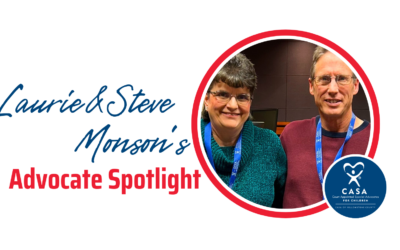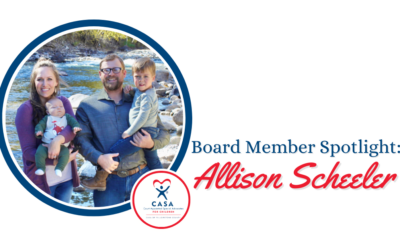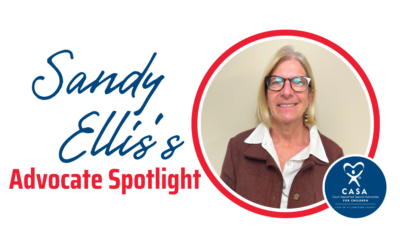I’ve been doing a lot of airline travel this summer. Even when crossing just a couple of time zones, I find it difficult to get to sleep when trying to adjust to the time change. 10pm in Philadelphia is only 8pm in Billings, which is much earlier than when my brain would ordinarily be ready to sleep. And this adjustment is a minimal one compared to the jet lag I experienced following a couple of transatlantic flights.
During these instances of restlessness while lying in bed, I’ve found relief in utilizing skills I’ve learned through the practice of mindfulness. This is something I started just within the past year, initially motivated by the desire for greater focus at work and in other aspects of my life. A friend recommended an app called Headspace* which is designed to guide users through daily mindfulness sessions in order to learn the basics of meditation and develop a regular routine.
(*My experience using this particular app has been very positive, but there are a different products which offer comparable services, any one of which may be a better fit for your specific needs.)

When lying awake at night, I can take several minutes to meditate and quiet my mind. The methods I’ve learned are simple. First, I take several deep breaths, in through the nose, and out through the mouth. Then I close my eyes and resume my normal, comfortable rate of breathing. Starting with the top of my head and slowly scanning all the way down to my feet, I take a few moments to check in with my body and see how it’s feeling. Hmm, my throat has been feeling a little scratchy. My legs are sore from the gym.
Next, I switch the focus to my breathing. I silently count one on the inhale, two on the exhale, and continue up to ten then repeat. Ordinarily I do this for about five minutes, but really this can go on indefinitely, such as until my mind drifts off to sleep.
In a nutshell, that’s all it is. As I mentioned above, I originally got into mindfulness practice to improve my focus. There are many other reasons to do it, including to manage stress and anxiety. I’m not going to say that being a Court Appointed Special Advocate necessarily causes an excess amount of these things, but any important work can warrant these normal responses at times. It is perfectly reasonable to be nervous about the potential stakes of an upcoming court hearing – which can also be exacerbated by a fear of public speaking – and I think every CASA has probably felt worried on occasion about the direction of their case and the uncertain fates of the children.
Mindfulness helps with that. What it’s doing, at its root, is helping you train your mind to bring your attention back to the present moment. That means less stress, less anxiety, less getting overwhelmed by everything going on in your life, which naturally leads to being a happier, healthier, more productive person. I believe that practicing mindfulness has made me all of those things, and in turn made me a better CASA.
My advice: Right now, go into your smartphone’s App Store, search “mindfulness” and download one of the available apps. Start small with 5 minute sessions, once a day, and see how you feel. Maybe you’ll notice a change right away, or maybe it will take some consistent practice.
Now, while there are studies demonstrating the efficacy of mindfulness in specific cognitive and emotional applications, the research on mindfulness in treating physiological and psychological disorders is still developing. If you are experiencing depression, pervasive anxiety, or any other mental health symptoms that are acutely affecting your quality of life, please ditch the App Store and get help from a qualified professional.
For the everyday challenges, for the case-related stressors, for falling asleep easier or in hopes of being more “awake” – take my advice, and give mindfulness a small, quiet moment of your time.
Ben McKee is the Development Director for CASA of Yellowstone County.





